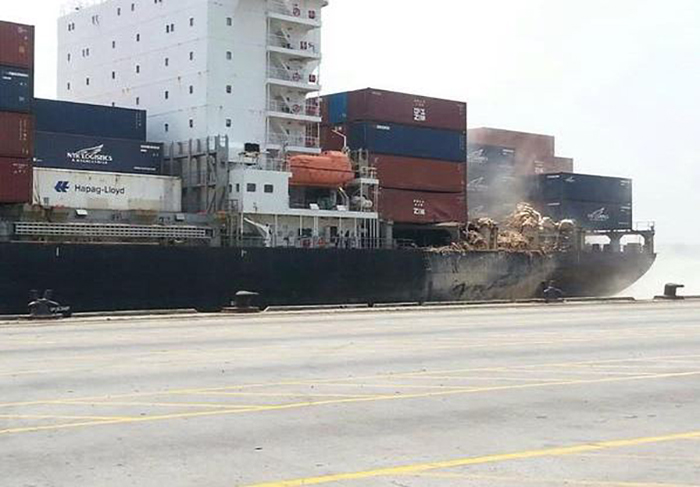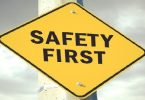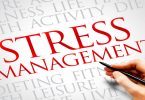This report of a collision between a 94483 gross tonne container vessel and a link span highlights a number of Human Element issues – not least the need for increased training in the operation, maintenance and fault finding of technically complex, and multi-discipline systems.
The ship was entering the swinging ground, prior to berthing, when her main engine failed. The engine was unable to be started astern to reduce the vessel’s headway, resulting in her making heavy contact with the link span. The ship had been delivered from the builders a few months before the accident.
An engine failure had occurred as the ship approached the pilot boarding ground some four hours previously. Although the engineers managed to re-start the engine, they misdiagnosed the cause of this failure and inadvertently disabled an integral part of the control system, which led to the second failure, the cause of which was also misdiagnosed by the engineers.





You guys are doing a great job. Keep it up.
Sachdeva Gurcharan
Roll No 1819
DMET 1971-1975